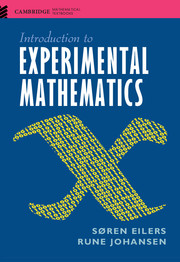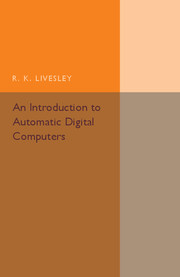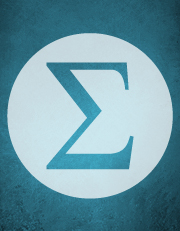Introduction to Experimental Mathematics
Mathematics is not, and never will be, an empirical science, but mathematicians are finding that the use of computers and specialized software allows the generation of mathematical insight in the form of conjectures and examples, which pave the way for theorems and their proofs. In this way, the experimental approach to pure mathematics is revolutionizing the way research mathematicians work. As the first of its kind, this book provides material for a one-semester course in experimental mathematics that will give students the tools and training needed to systematically investigate and develop mathematical theory using computer programs written in Maple. Accessible to readers without prior programming experience, and using examples of concrete mathematical problems to illustrate a wide range of techniques, the book gives a thorough introduction to the field of experimental mathematics, which will prepare students for the challenge posed by open mathematical problems.
- Exposure to tools and examples allows students to acquire the skills needed to confront open problems in mathematics
- Work on open problems allows students to experience the thrill of discovery that comes with formulating new mathematical theory
- Students will see computer experiments as a natural continuation of the tools previously used in the process of mathematical discovery
Reviews & endorsements
'I'd like to applaud the authors for their interesting, innovative, well-structured book that is sure to serve as a standard for some time against which other future books of a similar kind will be measured against.' Michael de Villiers, The Mathematical Gazette
Product details
June 2017Hardback
9781107156135
316 pages
260 × 183 × 18 mm
0.8kg
Available
Table of Contents
- 1. Experimental method
- 2. Basic programming in Maple
- 3. Iteration and recursion
- 4. Visualization
- 5. Symbolic inversion
- 6. Pseudorandomness
- 7. Time, memory and precision
- 8. Applications of linear algebra and graph theory.






